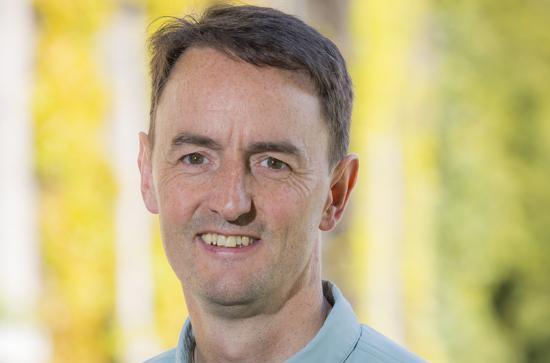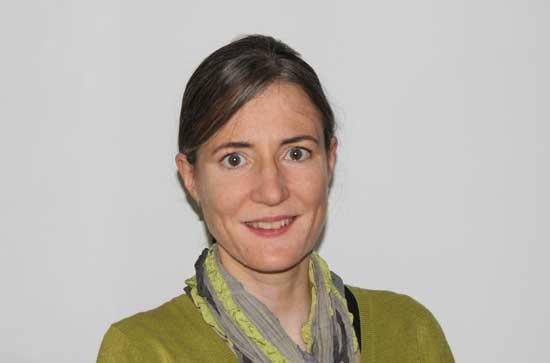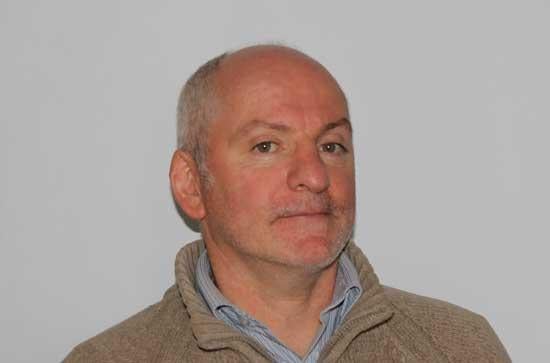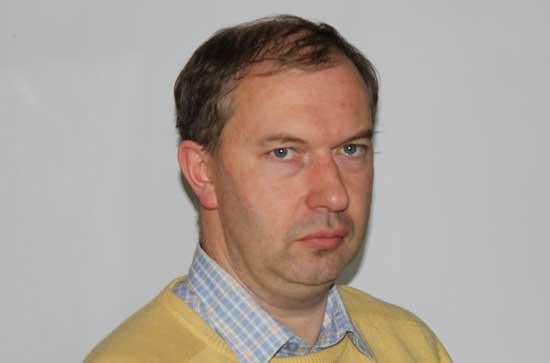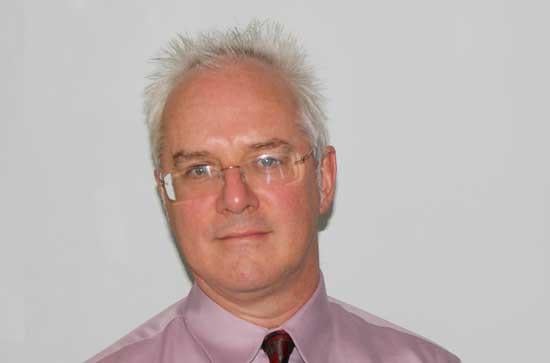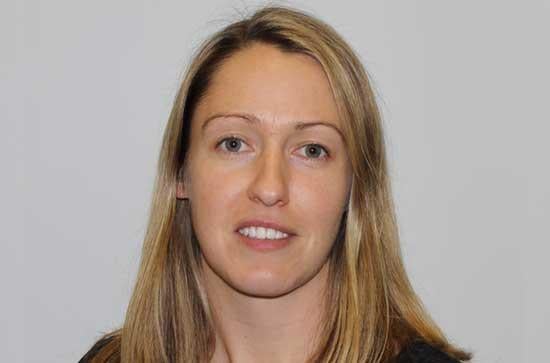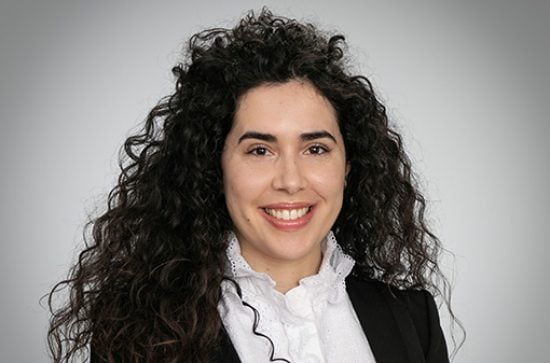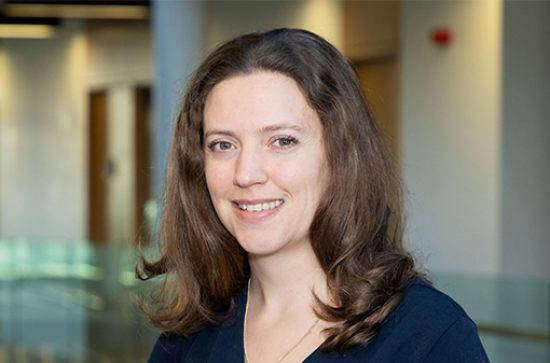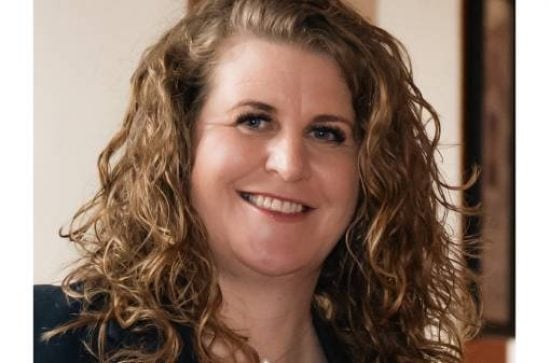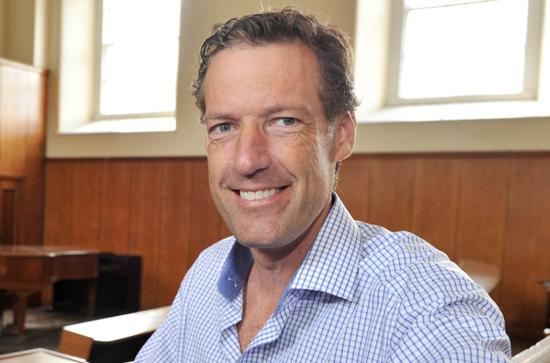Qualification : MICRO-CREDENTIAL (9)
Award Type and NFQ level : MICRO-CREDENTIAL
CAO/MU Apply code : MMC58
CAO Points :
Changes to the physical and biotic environment are both natural and arise because of human activity. Recently these changes have been so significant that we now clearly recognise planetary scale change e.g. biodiversity loss and climate change derived directly from human actions rather than natural processes. The scale of these climatic and environmental changes is becoming ever more evident and urgent, as droughts, floods, species loss, and viral pandemics occur with increasing frequency and intensity. At the same time, the fall-out of these overlapping ongoing crises are not experienced equally across society. Responding to these pressing challenges requires a critical and interdisciplinary understanding of how social and physical processes interact in a complex, unequal world by being informed about earth systems science and how the environment is changing and national and international governance and policy landscapes.
In this 5 ECT micro-credential, students will gain a broad, critical understanding of approaches to studying environmental change, the nature and scale of that change, as well as reflecting on their own place within a changing world. The module will introduce students to key debates and approaches to sustainability and climate action. Students will interrogate different approaches to sustainable development and climate action through an examination of key sectors, such as agri-food production, energy, flood risk and decarbonisation. Students will also gain a critical understanding of key concepts such as climate justice, degrowth, circular economy and the just transition. The module will require students to reflect upon different scales of action and their impact and effectiveness in achieving transformative change from their own individual behaviour to workplaces, national policies and global political and economic systems. The module will equip students with the foundational knowledge to understand and think critically about how we currently approach sustainability and climate action and how we might into the future.
On successful completion of the module, participants should be able to:
- Explain the Earth systems and the interconnections between global ecosystems
- Demonstrate, using various lines of evidence, how humans are contributing to climate change
- Explain key means of measuring and monitoring environmental systems and processes
- Understand the root causes of environmental change
- Design and deliver a climate or sustainability action in a school-based or local setting ranging from school to community, county, or province
- Describe and provide examples of climate mitigation and adaptation in Ireland
- Explain the demands and achievements of climate justice movements, including their role in shaping climate policy
- Describe the origin, implementation, and limitations of the Sustainable Development paradigm
Level: Aligned to NFQ Level 9
ECTS: 5
Fee: 500 EUR
Applicants should hold a minimum National Framework of Qualifications Honours (Level 8) award or an equivalent international qualification.
Applicants who do not hold a primary or higher degree but have sufficient and relevant professional experience are also welcome to apply. Please see our Recognition of Prior Learning (RPL) webpage for further information.
Applicants who wish to apply via RPL must submit a completed copy of the RPL form along with any supporting documentation with their application. A copy of the RPL form can be downloaded here. We would expect such individuals to have considerable experience in the financial services or sustainability industry. Such applicants will require an interview to be assessed for their suitability and will be required to complete a Recognition of Prior Learning (RPL) portfolio.
For more information on the minimum English language requirements, please refer to the Language Competencies section of the Maynooth University Micro-credentials Entry Requirements and the English Language Requirements tab here for the tests and scores that are accepted.
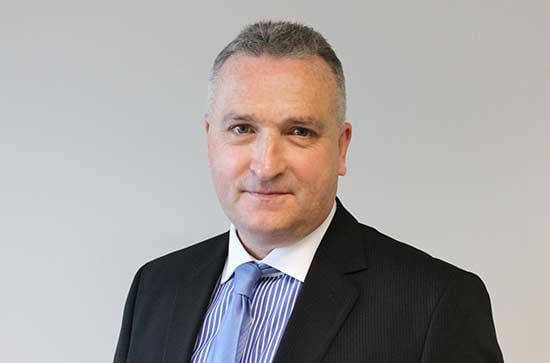
Academic
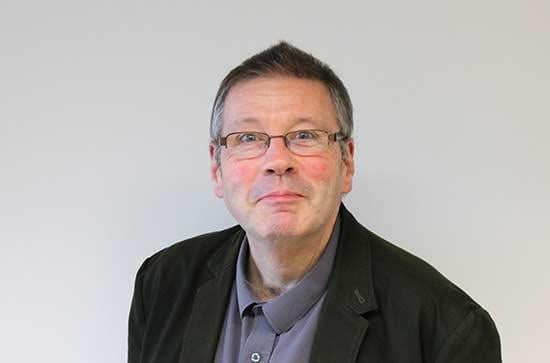
Academic
Department of National Centre for Geocomputation (NCG)
Department of Social Sciences Institute (MUSSI)
Department of Geography
Department of Hamilton Institute

Academic

Academic
Department of National Centre for Geocomputation (NCG)
Department of Social Sciences Institute (MUSSI)
Department of Geography
Department of Hamilton Institute

Academic
Department of Geography
Department of ICARUS
Department of Social Sciences Institute (MUSSI)
Department of National Centre for Geocomputation (NCG)
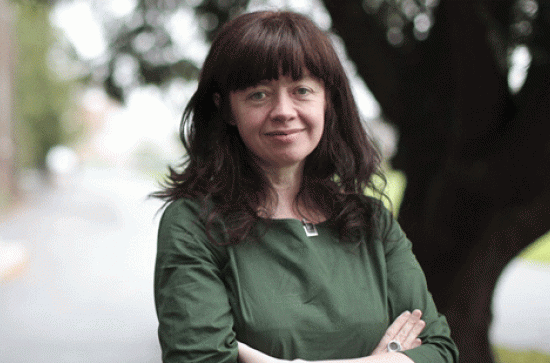
Academic

Academic
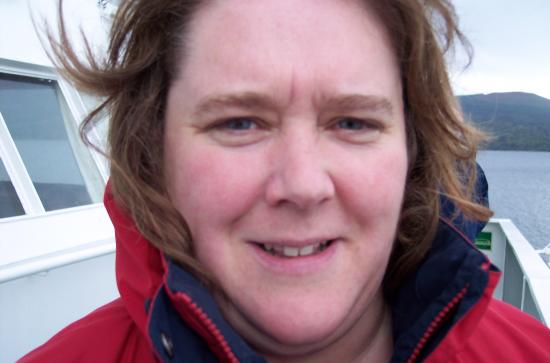
Academic
This 5 ECT micro-credential will be delivered in a hybrid format (mostly online). It consists of 24 hours of contact teaching that will be divided into 6 x 2 hour classes online via Microsoft Teams, 1 x 6 hour in person day session and 1 x 6 hour field trip. The rest of the required hours will be made up by class preparation and assessment which will be 100% continuous assessment.
Online application only. To make an application please click here.
The following documents should be uploaded to your online application form:
- Valid passport / passport card OR birth certificate.
- Official University Degree Parchment or Transcript (if applying with a qualification). In such cases, the Transcript / Parchment must include full name, name of the qualification, conferring date and name of awarding body.
- Recognition of Prior Learning (RPL) application form (if applying as a professional with relevant experience).
- Proof of English language competency (where relevant).
Note: failure to provide all necessary documents will result in a delay to your application being processed.


